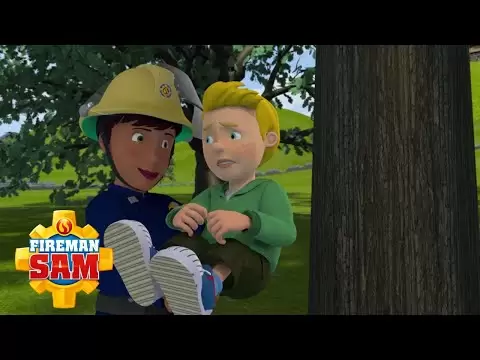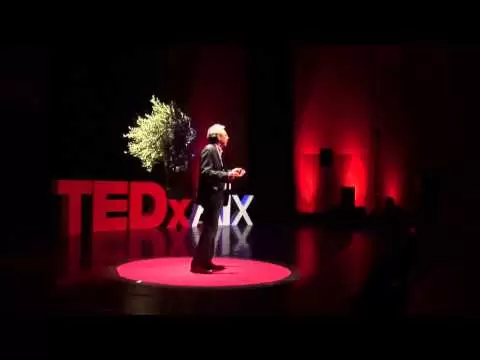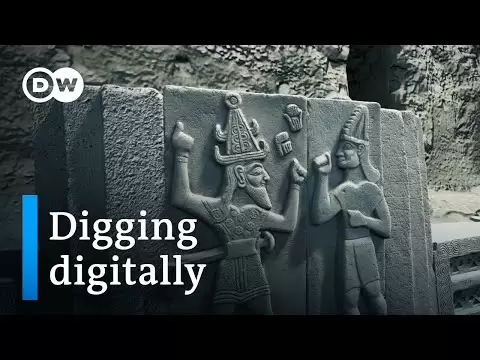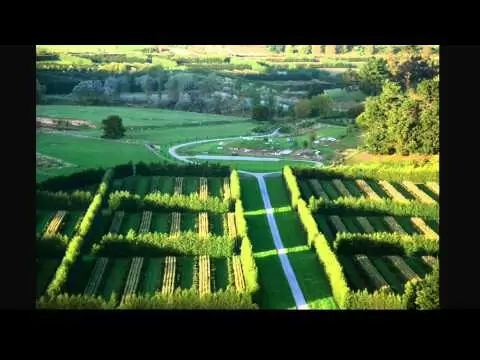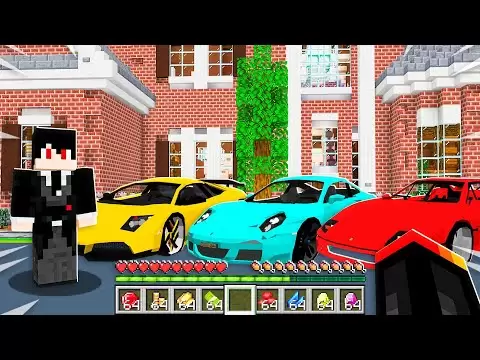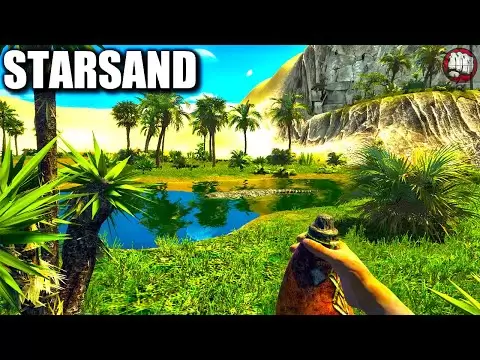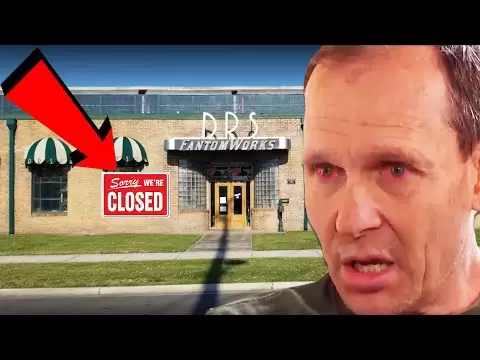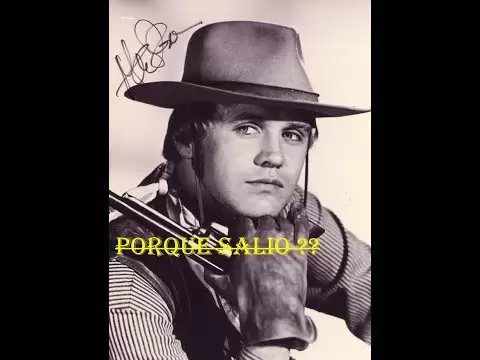YTread - Let's Read YouTube videos as Articles
Gov. Ron DeSantis signs bill requiring kindergartners learn history of...
Gov Ron DeSantis signs bill requiring kindergartners learn history of communism Quickcast this is CBS News Miami good afternoon and thank you for joining...
Read More"You're LYING!" Piers Morgan Hosts Debate On Iran, Israel And Hamas
Youre LYING Piers Morgan Hosts Debate On Iran Israel And Hamas the general view in the west is that Irans attack on Israel was an abject failure whether or...
Read MoreFULL PENALTY SHOOTOUT | Aston Villa beat Lille on pens to reach Europa...
FULL PENALTY SHOOTOUT Aston Villa beat Lille on pens to reach Europa Conference League Semi-Finals it is the World Cup winner against the brilliant young...
Read More"PLAYERS WERE UNBELIEVABLE" | David Moyes | West Ham 1-1 Bayer...
PLAYERS WERE UNBELIEVABLE David Moyes West Ham 1-1 Bayer Leverkusen UEFA Europa League well David just quite simply what are your thoughts in summing up...
Read MoreRangersRadio Live Phone In Show - Thursday 18/04/2024
RangersRadio Live Phone In Show - Thursday 18042024 e he hey hey hello good evening and a very warm welcome to Rangers radio well well good evening...
Read MoreRangers vs. Tigers Game Highlights (4/18/24) | MLB Highlights
Rangers vs Tigers Game Highlights 41824 MLB Highlights its a big day for the Rangers here today and certainly a huge day for the young man Jack ligher...
Read MoreLiverpool OUT! Season OVER? Atalanta 0-1 Liverpool Highlights
Liverpool OUT Season OVER Atalanta 0-1 Liverpool Highlights at Atlanta won sorry Neil Liverpool won on the night but Liverpool bow out of European...
Read More"WE DIDN'T LOSE IT TONIGHT" | Jürgen Klopp | Atalanta 0-1 Liverpool |...
WE DIDNT LOSE IT TONIGHT Jürgen Klopp Atalanta 0-1 Liverpool UEFA Europa League youre going a victory on the evening but Alon agregate whats the...
Read MorePOST MATCH REACTION: Lille 2-1 Aston Villa | Villa win on penalties!!
POST MATCH REACTION Lille 2-1 Aston Villa Villa win on penalties H I cant resist on a little Hong to the theme tune there what what a different mood were...
Read MoreDeSantis signs bill to educate students on the 'evils' of communism...
DeSantis signs bill to educate students on the evils of communism and socialism and Governor D santz making a South Florida stop today to sign a bill on...
Read MoreDeSantis signs bill to teach history of communism in Florida's public...
DeSantis signs bill to teach history of communism in Floridas public schools NBC 6 political reporter Steve LDS joining us live from high Gardens with more...
Read MoreBREAKING: Explosions in Iran, Has Israel Started Bombing?
BREAKING Explosions in Iran Has Israel Started Bombing all right explosions heard in Iran uh were worried that a much larger uh size War might break out uh...
Read MoreIsrael has attacked Iran, US official tells CNN
Israel has attacked Iran US official tells CNN US TGOARDT WITH BREAKIEW IVE JUST GOTTEN FROL T WHAT WE AR SEEING OF ISFAHAN IS INDEED AN ISRAEL RAI THE...
Read MoreIsrael begins retaliatory strikes on Iran: Report
Israel begins retaliatory strikes on Iran Report and good evening Im Trace Gallagher its 10 pm on the East Coast 700 here in Los Angeles and this is a...
Read MoreTaylor Swift - But Daddy I Love Him lyrics
Taylor Swift - But Daddy I Love Him lyrics I forget How the West Was one I forget if this was ever fun I just learned these people only raise you to cage...
Read MoreRich Eisen Reacts to Jontay Porter's Lifetime NBA Ban for Gambling |...
Rich Eisen Reacts to Jontay Porters Lifetime NBA Ban for Gambling The Rich Eisen Show Im just gonna give a uh customer service um sort of message from uh...
Read MoreBlippi Learns Trucks at the Fire Station and More | Educational Videos...
Blippi Learns Trucks at the Fire Station and More Educational Videos for Toddlers hey its me honey and today were at the Bellevue Washington fire station...
Read MorePodcast #262 - Playing Incohearent
Podcast 262 Playing Incohearent welcome back to the Julian podcast these marvel cosplaying here ladies and gentlemen we have Kermit on the table today who...
Read MoreEllie Saves James! | Fireman Sam Official | Cartoons for Kids
Ellie Saves James Fireman Sam Official Cartoons for Kids yes james how many actual fires have you put out lots james i bet she hasnt put out as many...
Read MoreThe myth of globalisation | Peter Alfandary | TEDxAix
The myth of globalisation Peter Alfandary TEDxAix I sometimes describe myself as a culturally conflicted Englishman I am first generation born in the UK...
Read MoreArcheology - exploring the past with modern technology | DW History...
Archeology exploring the past with modern technology DW History Documentary the technical technological advancement is rapid so rapid its almost...
Read MoreFrom landscape architecture to conservation agriculture | Thomas Woltz...
From landscape architecture to conservation agriculture Thomas Woltz TEDxCharlottesville the conservation agriculture studio at Nelson Burt waltz...
Read More1000 COMMON ENGLISH QUESTIONS AND ANSWERS for beginners | English...
1000 COMMON ENGLISH QUESTIONS AND ANSWERS for beginners English Conversation me are you American no Im not Im Canadian do you speak English a little but...
Read MorePull Up Wit Ah Stick: The Music Video that Took Down a Neighborhood
Pull Up Wit Ah Stick The Music Video that Took Down a Neighborhood police are trying to find the shooter or shooters involved in the murder of a man in...
Read MoreFinding f(x): Why I teach for the Philippines | Delfin Villafuerte |...
Finding fx Why I teach for the Philippines Delfin Villafuerte TEDxXavierSchool Im gonna try something Ill say class and you will answer with yes but you...
Read MoreMagpakailanman: Revenge body against my body-shaming crush | Full...
Magpakailanman Revenge body against my bodyshaming crush Full Episode Adrian goes to beta the ease of course in the mutual understanding at io that...
Read MoreI Found a MILLIONAIRE Only Server in Minecraft!
I Found a MILLIONAIRE Only Server in Minecraft I have found a millionaire only server in Minecraft look at these millionaires on the server always coming...
Read MoreCathering mcbroom ass - Catherine Paiz | Before and After...
Cathering mcbroom ass Catherine Paiz Before and After Transformations Plastic Surgery Transfor A few of you requested that I do a Beforeand After vid on...
Read MoreDesert Survival, Tame Craft Build | Starsand Gameplay | First Look
Desert Survival Tame Craft Build Starsand Gameplay First Look how is it going this is game edge and thank you so much for joining me this is star sand...
Read MoreFantomWorks Officially ENDED After This Happened... IS FANTOMWORKS...
FantomWorks Officially ENDED After This Happened IS FANTOMWORKS STILL OPEN IN 2021 phantomworks officially ended after this happened i pull into the garage...
Read MoreIELTS LISTENING- ITALIA BREAKS - EBENZ DAY 51"},"lengthSeconds":"2246"...
IELTS LISTENING ITALIA BREAKS EBENZ DAY 51lengthSeconds2246ownerProfileUrlhttpwww section one you will hear a man telephone a travel company to book a...
Read MorePORQUE MARK SLADE ( BLUE ) DEJO LA SERIE EL GRAN CHAPARRAL ????
PORQUE MARK SLADE BLUE DEJO LA SERIE EL GRAN CHAPARRAL hola amigos que tal soy jota y bienvenidos a mi canal hoy veremos porque mrquez ley de abandono...
Read More

















